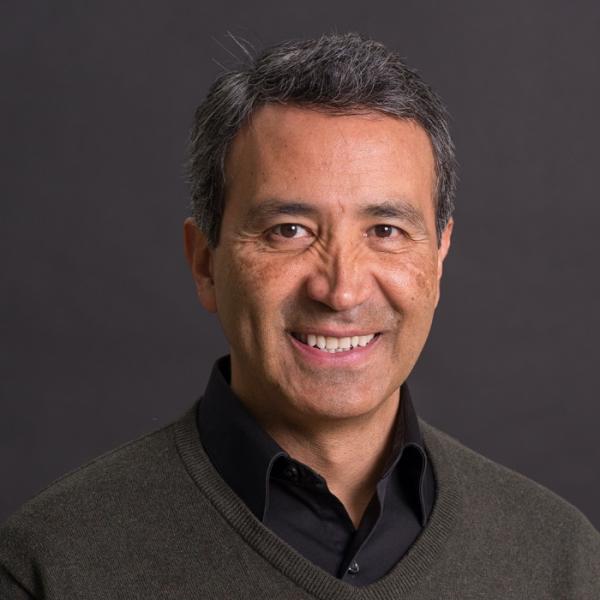Precision medicine is an emerging approach for disease treatment and prevention that takes into account individual variability in genes, lifestyle and environment. The Center for Precision Medicine aims to be the leader in improving the quality of patient care with targeted prevention, precise diagnosis and personalized treatments.
Basic research teams in the Center are involved in making novel discoveries on the fundamental and mechanistic causes of cardiovascular diseases, cancer, diabetes, pulmonary and neurological disorders.
In addition to discovery research, the Center also provides platforms to collaborate with bio-informaticians, bio-statisticians and database programmers to conduct research on clinically relevant and patient-centered issues. Clinical interests of the Center include but are not limited to: onco-cardiology, congestive heart failure, stem cell therapies, degenerative diseases, chronic renal disease and metabolic disorders.
History
The Center for Precision Medicine was founded by Drs. Edward T.H. Yeh and Hui-Ming Chang in 2016. Under their leadership, from 2016 to 2020, the Center for Precision Medicine flourished into a 35-member, cross-disciplinary series of basic and translational science laboratories, and grew from holding one NIH R01 grant to holding seven NIH R grants, one AHA grant, and one K08 grant.
From its inception, the center has embraced a culture of collaboration in the furtherance of the University of Missouri’s mission to achieve excellence in the discovery, dissemination, preservation and application of medical knowledge.






